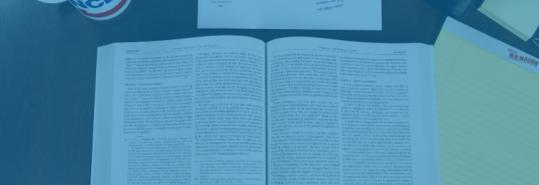Cheat Sheet to COVID-19 Bankruptcy Provisions and Sunsets
New March 27, 2021, bankruptcy legislation now extends the sunset dates of the three CARES Act bankruptcy provisions. This article explains the new law and then provides a “cheat sheet” listing all ten of the COVID-19 related bankruptcy provisions by sunset date, with links to more detail for each provision and also Public Law and U.S. Code citations.
